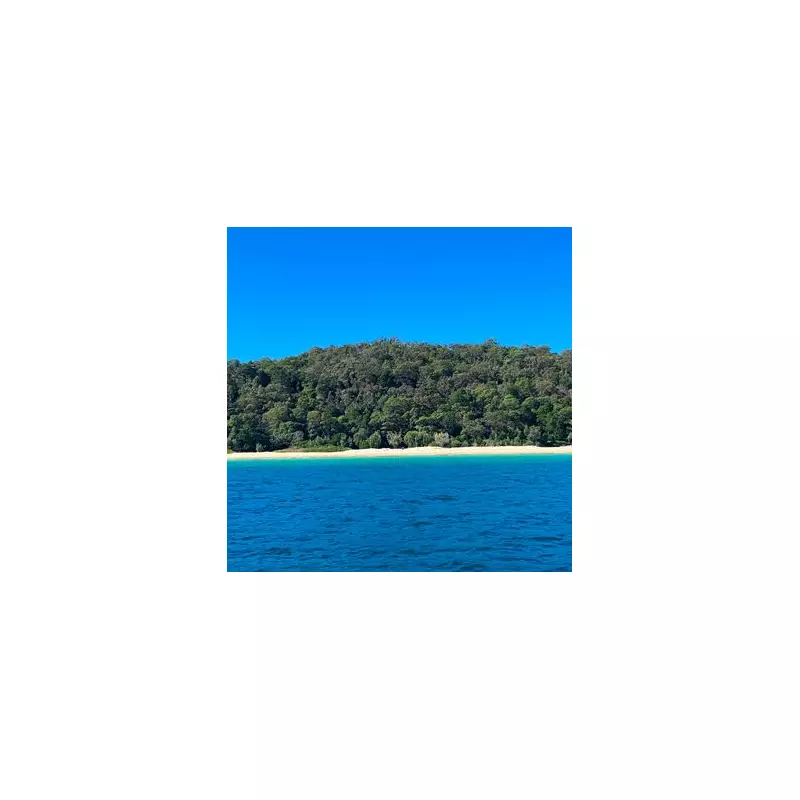
We’ve all dreamt of escaping to a remote island paradise, but what if that paradise is hiding a dark secret? One travel writer’s journey to the stunning coral atoll of Niue, a Pacific jewel often dubbed ‘The Rock of Polynesia’, revealed a destination grappling with a startling exodus and a reputation that chills to the bone.
Upon arrival, the beauty is undeniable. Niue’s rugged coastline, crystal-clear waters teeming with marine life, and lush interior seem ripped from a postcard. The sense of tranquillity is immediate. However, this serenity is swiftly overshadowed by an eerie and palpable sense of emptiness.
The Heartbreaking Exodus: An Island Left Behind
The most striking feature of Niue isn’t its natural wonders—it’s the profound lack of people. With a local population plummeting to barely 1,600 residents, the island feels like a ghost town. Abandoned homes and overgrown gardens are a common, haunting sight.
This mass departure is driven by a harsh economic reality. The sheer cost of living is astronomical. With no local industry or large-scale agriculture, almost everything must be imported by a solitary cargo ship, sending prices for basic necessities soaring. For young Niueans, the promise of better opportunities and education in New Zealand is an irresistible pull, leaving their homeland behind.
A Paradise with a Price Tag
This isolation directly impacts the intrepid traveller. Don’t expect a budget-friendly getaway. A simple meal can easily cost over £30, and a week’s grocery shop runs into hundreds of pounds. The infrastructure is minimal; there are no traffic lights, no public transport, and just a handful of shops and restaurants.
Getting there is an adventure in itself. The island’s international airport welcomes a single flight each week from Auckland, making travel plans inflexible and often costly. This inaccessibility is a double-edged sword, preserving Niue’s pristine environment while limiting its economic potential.
The Shadow of the ‘Curse’
Beyond the economic challenges, a more unsettling narrative emerges. The journalist’s exploration uncovered a deep-seated local belief that the island is ‘cursed’. This isn’t just superstition; it’s a story woven into the island’s recent history, linked to past conflicts and a pervasive sense of misfortune that some residents feel hangs over them.
This spiritual undercurrent adds a layer of intrigue and sombreness to the visit. It’s a stark reminder that a destination is more than its landscapes; it’s about the spirit and the people, and in Niue, that spirit appears to be fading.
A Bittersweet Verdict
Visiting Niue is an experience unlike any other. It offers unparalleled snorkelling with humpback whales, breathtaking chasms, and a raw, untouched natural beauty. The few locals who remain are incredibly warm and welcoming.
Yet, the overwhelming feeling is one of melancholy. This is a paradise in peril, a beautiful island fighting a seemingly losing battle against depopulation and isolation. It’s a fascinating, eye-opening, and ultimately heartbreaking journey that serves as a powerful cautionary tale about the fragile nature of remote communities.





